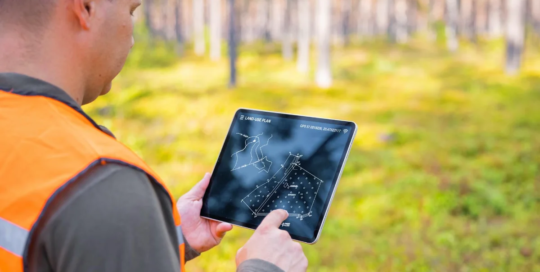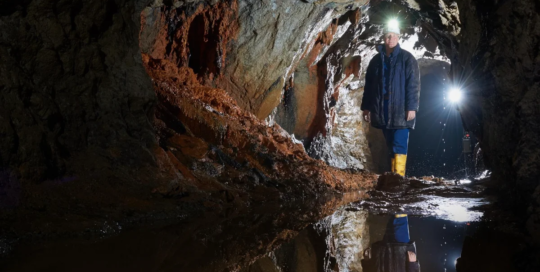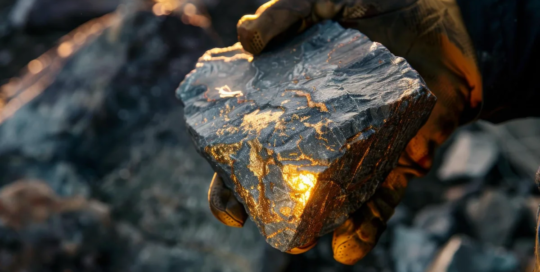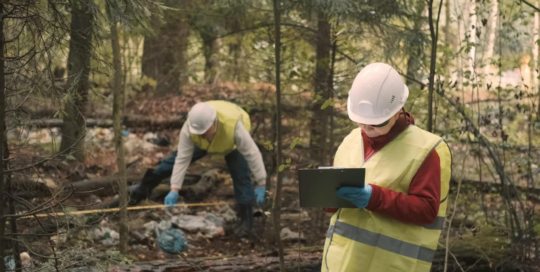Plan, develop, or conduct surveys. They analyze and interpret the meaning of survey data, determine survey objectives, or suggest or test question wording. Includes social scientists who primarily design questionnaires or supervise survey teams.
Environmental economists
2025-08-01T21:40:08-06:00Conduct economic analysis related to environmental protection and use of the natural environment, such as water, air, land, and renewable energy resources. They evaluate and quantify benefits, costs, incentives, and impacts of alternative options using economic principles and statistical techniques.
Economists
2025-08-01T21:36:39-06:00Conduct research, prepare reports, or formulate plans to address economic problems related to the production and distribution of goods and services or monetary and fiscal policy. They collect and process economic and statistical data using sampling techniques and econometric methods.
Remote sensing scientists and technologists
2025-08-01T21:33:17-06:00Apply remote sensing principles and methods to analyze data and solve problems in areas such as natural resource management, urban planning, or homeland security. They develop new sensor systems, analytical techniques, or new applications for existing systems.
Hydrologists
2025-08-01T21:29:41-06:00Research the distribution, circulation, and physical properties of underground and surface waters; and study the form and intensity of precipitation, its rate of infiltration into the soil, movement through the earth, and its return to the ocean and atmosphere.
Geoscientists, except hydrologists and geographers
2025-08-01T21:25:20-06:00Study the composition, structure, and other physical aspects of the earth. They use geological, physics, and mathematics knowledge in exploration for oil, gas, minerals, or underground water; or in waste disposal, land reclamation, or other environmental problems. This includes mineralogists, crystallographers, paleontologists, stratigraphers, geodesists, and seismologists.
Industrial ecologists
2025-08-01T21:08:32-06:00Apply principles and processes of natural ecosystems to develop models for efficient industrial systems. They use knowledge from the physical and social sciences to maximize effective use of natural resources in the production and use of goods and services. They examine societal issues and their relationship with both technical systems and the environment.
Environmental restoration planners
2025-08-01T21:05:18-06:00Collaborate with field and biology staff to oversee the implementation of restoration projects and to develop new products. They process and synthesize complex scientific data into practical strategies for restoration, monitoring or management.
Climate change analysts
2025-08-01T21:01:24-06:00Research and analyze policy developments related to climate change. They make climate related recommendations for actions such as legislation, awareness campaigns, or fundraising approaches.
Environmental scientists and specialists, including health
2025-08-01T20:56:38-06:00Conduct research or perform investigation for the purpose of identifying, abating, or eliminating sources of pollutants or hazards that affect either the environment or the health of the population. They may collect, synthesize, study, report, and recommend action based on data derived from measurements or observations of air, food, soil, water, and other sources.









